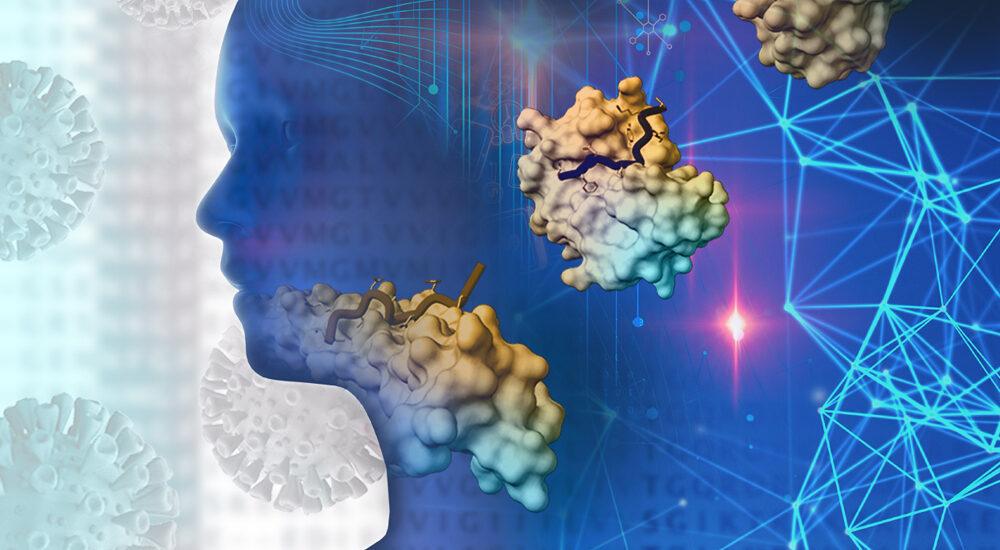Can yellow diarrhea be related to liver problems?
Understanding Yellow Diarrhea: Causes, Symptoms, and Remedies
Diarrhea is a common gastrointestinal issue that can arise due to various factors, but what happens when your stool takes on a yellow hue? Yellow diarrhea can be alarming and may raise questions about your health. In this comprehensive guide, we will explore the causes, symptoms, treatment options, and prevention strategies for yellow diarrhea, guiding you toward better digestive health.
What is Yellow Diarrhea?
Yellow diarrhea refers to loose or watery stools that are yellow in color. This change in stool color can indicate a variety of underlying issues, from dietary changes to more serious health concerns. Understanding the potential causes of yellow diarrhea is essential for addressing the issue effectively.
Common Causes of Yellow Diarrhea
Several factors can lead to yellow diarrhea, including:
- Dietary Changes: Consuming a diet high in fats or certain foods like carrots and sweet potatoes can lead to yellow stools.
- Infections: Viral, bacterial, or parasitic infections can disrupt normal digestion, resulting in diarrhea.
- Malabsorption Disorders: Conditions like celiac disease or chronic pancreatitis can cause the body to improperly absorb nutrients.
- Medications: Certain medications, including antibiotics, can alter gut flora and result in yellow diarrhea.
- Gallbladder Issues: Problems with the gallbladder can impact bile production, leading to lighter-colored stools.
Symptoms Associated with Yellow Diarrhea
In addition to the characteristic yellow color, yellow diarrhea may be accompanied by other symptoms, including:
- Abdominal cramps or pain
- Bloating
- Nausea or vomiting
- Fever
- Fatigue and weakness
When to Seek Medical Attention
Most cases of yellow diarrhea are not serious; however, you should seek medical attention if you experience:
- Persistent diarrhea lasting more than two days
- Severe abdominal pain
- Signs of dehydration (dark urine, dry mouth, dizziness)
- Fever above 101°F (38.3°C)
- Blood or mucus in your stool
Diagnosing the Cause of Yellow Diarrhea
If you are experiencing yellow diarrhea, a healthcare provider may perform several tests to determine the cause, including:
- Stool tests to check for infections
- Blood tests to assess overall health and rule out other conditions
- Imaging studies (like an ultrasound) to examine the gallbladder and pancreas
Treatment Options for Yellow Diarrhea
Treatment for yellow diarrhea depends on the underlying cause. Here are some common approaches:
1. Rehydration
One of the most crucial steps is to stay hydrated. Drink plenty of fluids, including:
- Water
- Electrolyte solutions (like Pedialyte)
- Clear broths
2. Dietary Adjustments
Avoid greasy, spicy, or high-fiber foods temporarily. Instead, focus on:
- Bananas
- Rice
- Applesauce
- Toast
3. Medications
If an infection is identified, your doctor may prescribe:
- Antibiotics for bacterial infections
- Antiparasitic medications for parasites
Preventing Yellow Diarrhea
Taking proactive steps can help reduce the risk of yellow diarrhea:
- Maintain a balanced diet rich in fiber and low in processed foods.
- Practice good hygiene, especially washing hands before meals.
- Stay hydrated to support digestive health.
- Avoid overuse of antibiotics unless prescribed by a doctor.
First-hand Experience: Personal Stories
Many individuals have experienced yellow diarrhea at some point in their lives. Here are a couple of brief case studies:
Case Study 1: Dietary Indiscretion
Jane, a 32-year-old woman, experienced yellow diarrhea after a weekend of eating rich, fatty foods. After returning to a balanced diet, her symptoms resolved within a few days.
Case Study 2: Infection
Tom, a 40-year-old man, developed yellow diarrhea along with abdominal pain. After visiting a doctor, he was diagnosed with a bacterial infection and treated with antibiotics, leading to a full recovery.
Conclusion
Yellow diarrhea can be a concerning symptom, but understanding its causes and treatment options can alleviate your worries. By being aware of your diet, practicing good hygiene, and recognizing when to seek medical help, you can better manage your digestive health. If you find yourself dealing with yellow diarrhea, remember to stay hydrated, consider dietary adjustments, and consult a healthcare professional for personalized advice and treatment.
